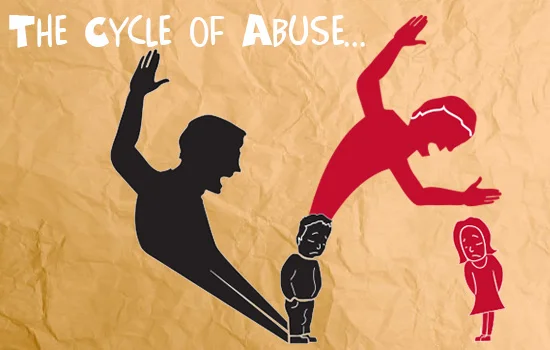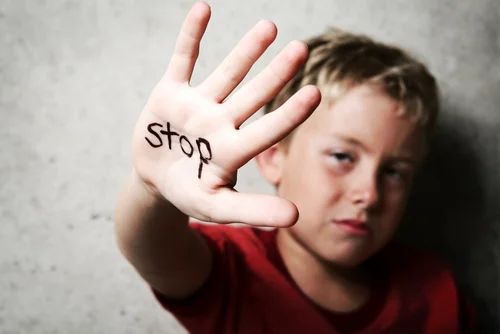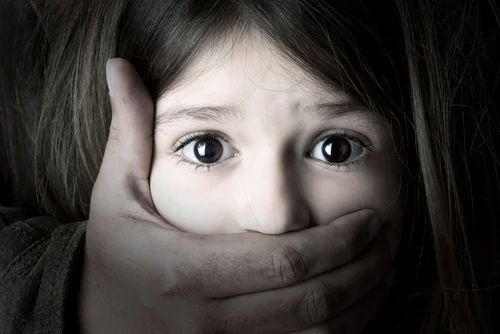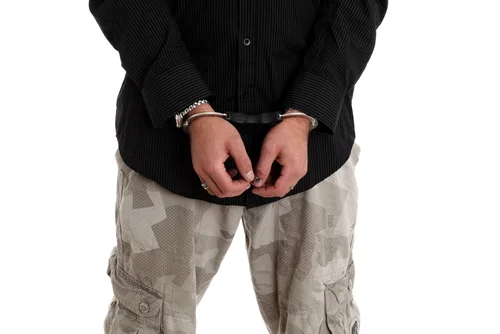+1 845 259 2974 (11 a.m to 7 p.m CST)
What are the Effects of Alcohol Abuse on Teens?
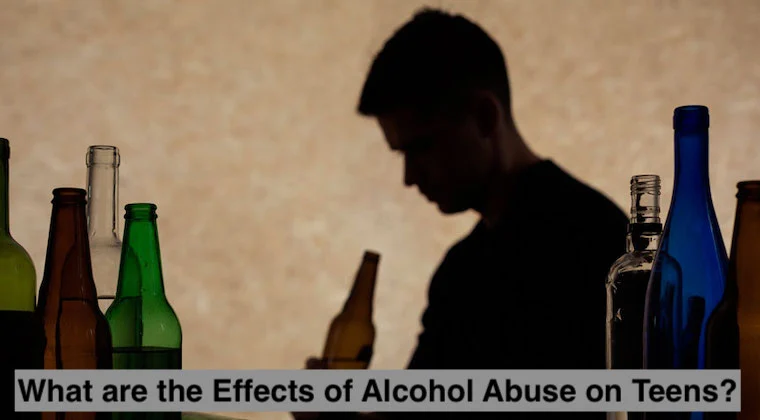
Alcohol abuse among teens is a growing concern that can have serious consequences. Understanding these effects and knowing how parents can help is crucial. Let’s explore the impacts of alcohol abuse on teens and provide practical advice for parents to support their children.
Effects of Alcohol Abuse on Teens
Alcohol abuse in teens can lead to severe and long-lasting consequences. These effects can be physical, mental, and social, impacting all areas of a teen's life.
Physical Health Effects
Alcohol abuse can severely impact a teen’s physical health. One of the most critical areas affected is brain development. Teens' brains are still developing, and alcohol can interfere with this process, leading to cognitive impairments and memory problems. Additionally, alcohol can damage the liver and other vital organs, causing long-term health issues.
- Impact on Brain Development Alcohol can interfere with the normal development of the brain. This can lead to issues with memory, coordination, and learning.
- Risks to Liver and Other Organs Excessive drinking can damage the liver and other organs. This can cause serious health problems later in life.
Mental Health Effects
The mental health of teens can also be severely affected by alcohol abuse. Teens who drink excessively are at a higher risk of developing depression and anxiety. Alcohol can alter brain chemistry, leading to these mental health issues. Moreover, alcohol can make teens more prone to aggressive behavior, causing problems at home and in social settings.
- Increased Risk of Depression and Anxiety Alcohol can increase the risk of mental health issues like depression and anxiety. This can make it harder for teens to cope with life's challenges.
- Behavioral Changes and Aggression Drinking can lead to changes in behavior. Teens may become more aggressive and have trouble controlling their emotions.
Academic and Social Effects
Alcohol abuse can negatively affect a teen’s academic performance. Drinking can lead to poor concentration, missed classes, and lower grades. Socially, alcohol abuse can strain relationships with family and friends. Teens may become isolated, withdraw from activities they once enjoyed, and engage in risky behaviors that harm their social life.
- Decline in Academic Performance Alcohol can affect a teen's ability to concentrate and perform well in school. This can lead to lower grades and missed opportunities.
- Strain on Relationships with Family and Friends Drinking can cause teens to pull away from loved ones. This can strain relationships and lead to feelings of isolation.
Causes of Alcohol Abuse in Teens
Understanding why teens turn to alcohol can help in preventing abuse. Several factors contribute to this issue.
Peer Pressure
One of the main reasons teens turn to alcohol is peer pressure. The desire to fit in and be accepted by friends can lead to drinking. Teens may feel compelled to drink to be part of a group, even if they know the risks.
Family History of Alcoholism
A family history of alcoholism can increase the likelihood of teens abusing alcohol. Genetics and environmental factors play a role in this, making some teens more susceptible to alcohol abuse if they have family members who drink heavily.
Stress and Emotional Issues
Teens often face significant stress and emotional issues. Academic pressures, family problems, and social challenges can drive them to alcohol as a coping mechanism. Unfortunately, this can create a cycle of abuse that is hard to break.
Easy Access to Alcohol
The easier it is for teens to access alcohol, the more likely they are to abuse it. This can happen when alcohol is readily available at home or when they have older friends who can supply it.
Warning Signs of Alcohol Abuse in Teens
Recognizing the signs of alcohol abuse early can help in addressing the problem before it worsens. Parents should be vigilant and aware of these indicators.
Physical Signs
Parents should look out for physical signs of alcohol abuse, such as bloodshot eyes, frequent headaches, and unexplained injuries. These can indicate that a teen has been drinking.
Behavioral Changes
Significant changes in behavior can also signal alcohol abuse. Teens may become secretive, lie about their whereabouts, or show sudden mood swings.
Academic and Social Red Flags
A decline in academic performance and withdrawal from social activities are red flags. Teens who are abusing alcohol may lose interest in school and hobbies they once enjoyed.
How Parents Can Help
Parents play a crucial role in helping teens navigate the challenges of alcohol abuse. Here are some effective ways they can provide support.
Open Communication
One of the most effective ways parents can help is through open communication. It’s important to talk to teens about the dangers of alcohol and listen to their concerns without judgment. This creates a safe space for them to share their feelings.
- Talking About the Dangers of Alcohol Educate teens about the risks and consequences of alcohol abuse. Provide them with factual information to help them make informed decisions.
- Listening to Their Concerns Encourage teens to share their thoughts and feelings. Show empathy and understanding, and avoid being overly critical.
Setting Clear Boundaries
Setting clear boundaries and establishing rules about alcohol use is crucial. Parents should outline the consequences of breaking these rules and consistently enforce them. Monitoring teens' activities and knowing their friends can help prevent alcohol abuse.
- Establishing Rules and Consequences Clearly communicate the rules regarding alcohol use and the consequences of breaking them. Consistency is key to enforcing these rules effectively.
- Monitoring Their Activities Keep track of where teens are and who they are with. Knowing their friends and social circles can help in identifying potential risks.
Providing Support
Encouraging teens to engage in healthy activities, such as sports or hobbies, can provide a positive outlet for their energy and stress. If necessary, parents should seek professional help to address underlying issues contributing to alcohol abuse.
- Encouraging Healthy Activities Promote involvement in activities that interest teens and keep them engaged. This can provide a positive alternative to drinking.
- Seeking Professional Help if Needed If alcohol abuse becomes a serious issue, seek help from counselors or therapists. Professional guidance can be crucial in addressing the problem.
Prevention Strategies
Prevention is always better than cure. Here are some strategies parents can use to prevent alcohol abuse.
Educating Teens About Alcohol
Education is key to prevention. Parents should educate teens about the risks and long-term effects of alcohol abuse. Providing factual information can help teens make informed decisions.
Encouraging Positive Friendships
Encouraging teens to form friendships with peers who have positive influences can reduce the risk of alcohol abuse. Positive friendships can provide support and reduce the pressure to drink.
Creating a Supportive Home Environment
A supportive home environment is essential. Parents should foster a nurturing atmosphere where teens feel valued and understood. This can reduce the likelihood of turning to alcohol as a coping mechanism.
Alcohol abuse can have devastating effects on teens, impacting their physical and mental health, academic performance, and social life. However, with open communication, clear boundaries, and strong support, parents can help their teens navigate these challenges. By educating teens and creating a supportive environment, parents can play a vital role in preventing alcohol abuse and helping their teens lead healthy, fulfilling lives.



